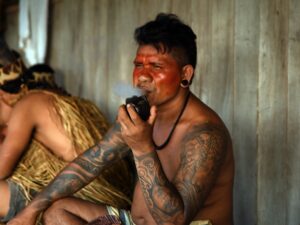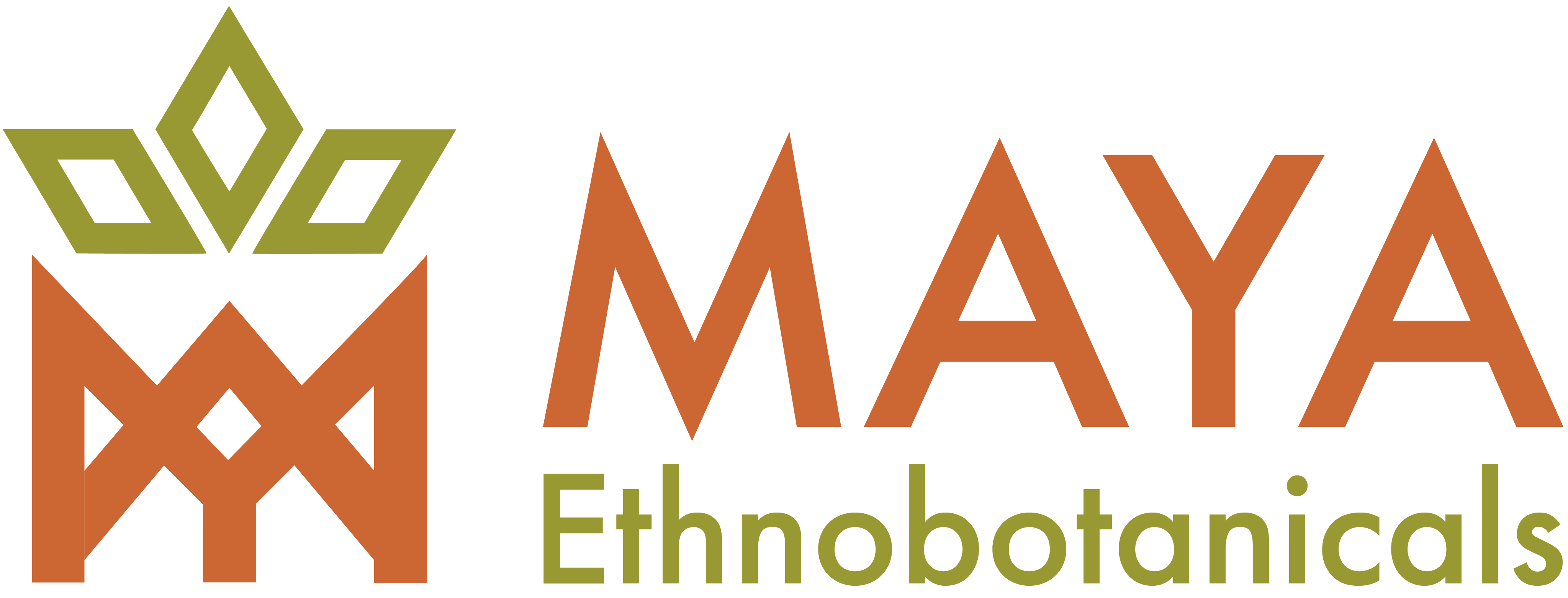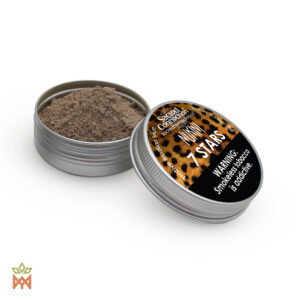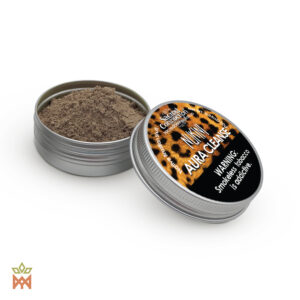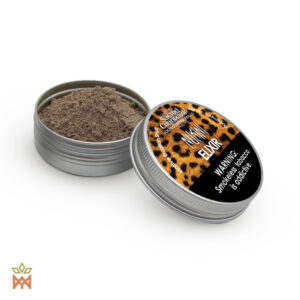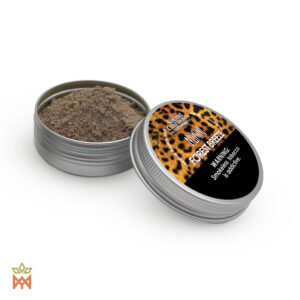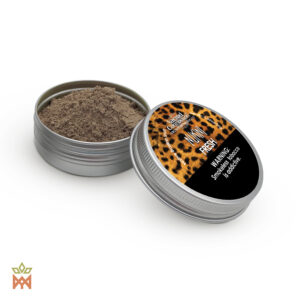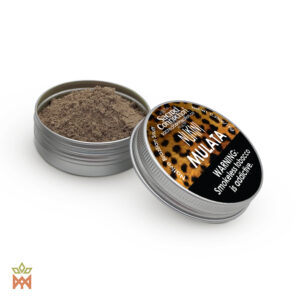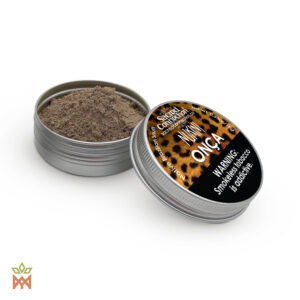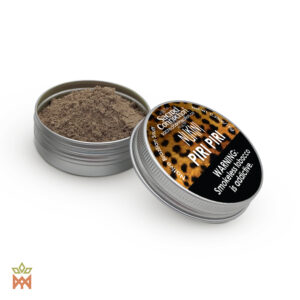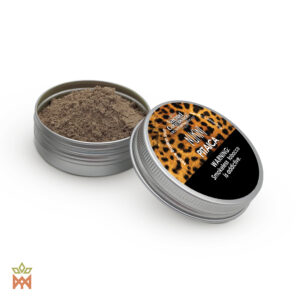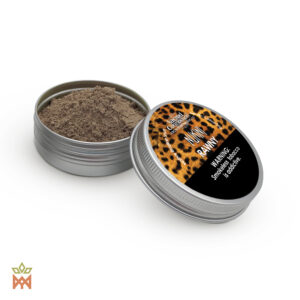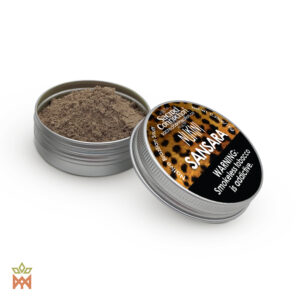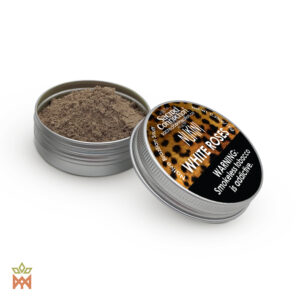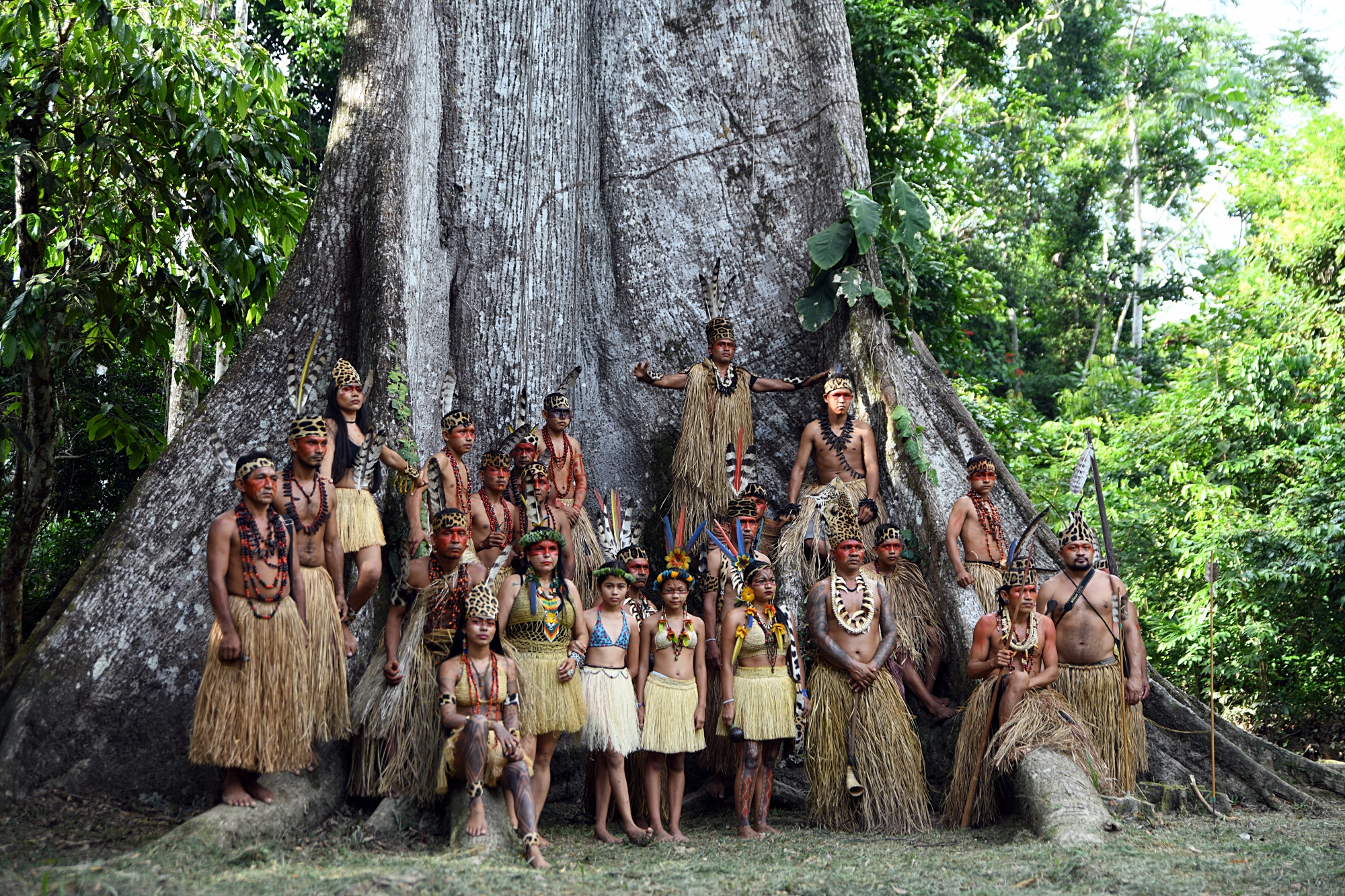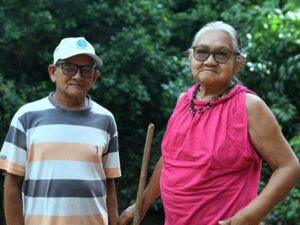Showing all 12 results
- Select options This product has multiple variants. The options may be chosen on the product page
Price range: € 20,00 through € 90,00 Incl. VAT
Price range: € 14,00 through € 63,00 Incl. VAT - Select options This product has multiple variants. The options may be chosen on the product page
Price range: € 20,00 through € 90,00 Incl. VAT
Price range: € 14,00 through € 63,00 Incl. VAT - Select options This product has multiple variants. The options may be chosen on the product page
€ 20,00 Incl. VAT
€ 14,00 Incl. VAT - Select options This product has multiple variants. The options may be chosen on the product page
€ 20,00 Incl. VAT
€ 14,00 Incl. VAT - Select options This product has multiple variants. The options may be chosen on the product page
Price range: € 20,00 through € 90,00 Incl. VAT
Price range: € 14,00 through € 63,00 Incl. VAT - Select options This product has multiple variants. The options may be chosen on the product page
€ 20,00 Incl. VAT
€ 14,00 Incl. VAT - Select options This product has multiple variants. The options may be chosen on the product page
Price range: € 20,00 through € 90,00 Incl. VAT
Price range: € 14,00 through € 63,00 Incl. VAT - Select options This product has multiple variants. The options may be chosen on the product page
€ 20,00 Incl. VAT
€ 14,00 Incl. VAT - Select options This product has multiple variants. The options may be chosen on the product page
€ 20,00 Incl. VAT
€ 14,00 Incl. VAT - Select options This product has multiple variants. The options may be chosen on the product page
€ 20,00 Incl. VAT
€ 14,00 Incl. VAT - Select options This product has multiple variants. The options may be chosen on the product page
€ 20,00 Incl. VAT
€ 14,00 Incl. VAT - Select options This product has multiple variants. The options may be chosen on the product page
Price range: € 20,00 through € 90,00 Incl. VAT
Price range: € 14,00 through € 63,00 Incl. VAT
Showing all 12 results
Who are the Nukini?
Comprising approximately 700 individuals, the Nukini people inhabit the western region of the Brazilian state of Acre, near the border with Peru. Their ancestral lands encompass vast expanses of dense tropical forest, rivers, and mountains, providing the backdrop for their traditional way of life.
